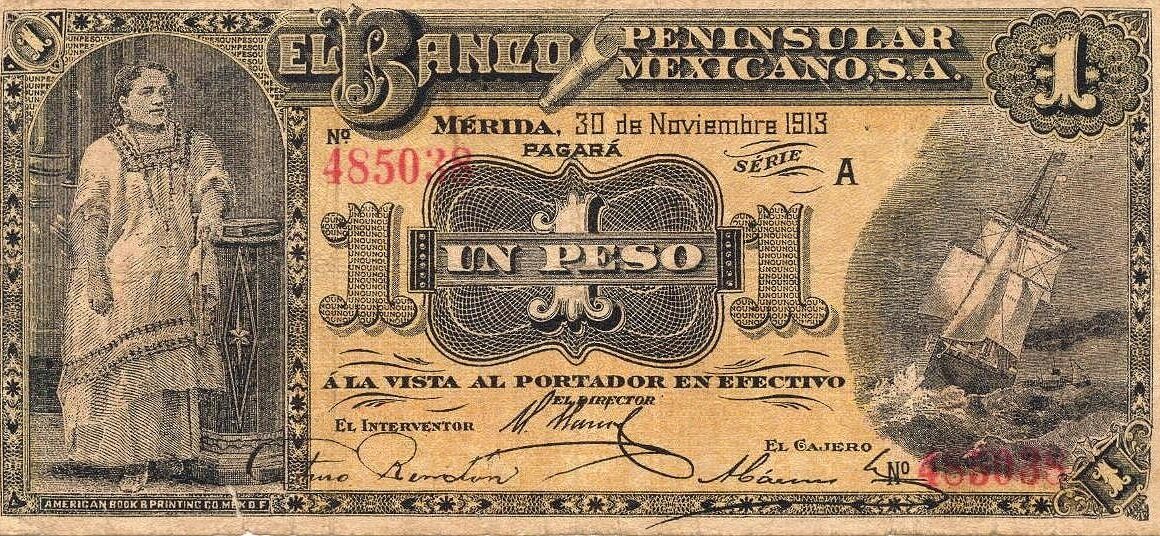Forex trading, or foreign exchange trading, can seem intimidating at first glance. But understanding the basics of how currencies fluctuate and learning to analyze market trends can unlock exciting opportunities for potential profit. This guide will break down the complexities of forex trading, providing you with the knowledge you need to start your journey in the world’s largest and most liquid financial market.
Understanding the Forex Market
What is Forex?
Forex is the global marketplace where currencies are traded. Unlike stock exchanges, the forex market is decentralized, meaning there’s no central location. Trading happens electronically over-the-counter (OTC) 24 hours a day, 5 days a week, across a network of banks, institutions, and individual traders.
- Largest Financial Market: The forex market sees trillions of dollars in daily turnover. In April 2022, the average daily turnover was around $7.5 trillion (Source: Bank for International Settlements).
- Currency Pairs: Currencies are traded in pairs, such as EUR/USD (Euro/US Dollar) or GBP/JPY (British Pound/Japanese Yen). The first currency in the pair is the base currency, and the second is the quote currency. The exchange rate indicates how much of the quote currency is needed to buy one unit of the base currency.
- Example: If EUR/USD is trading at 1.1000, it means that it costs $1.10 to buy €1.
Key Players in the Forex Market
The forex market comprises various participants, each with their own motives and influence:
- Central Banks: These institutions, such as the Federal Reserve (Fed) in the U.S. or the European Central Bank (ECB), can influence currency values through interest rate policies and interventions.
- Commercial Banks: Major banks facilitate currency transactions for their clients and also trade for their own accounts.
- Hedge Funds and Investment Managers: These entities use forex trading as part of their investment strategies.
- Corporations: Businesses involved in international trade need to exchange currencies for import/export activities.
- Retail Traders: Individual investors who trade forex through online brokers.
Why Trade Forex?
- 24/5 Availability: The forex market operates almost continuously, allowing you to trade at any time that suits you (excluding weekends).
- High Liquidity: The vast trading volume means that it’s generally easy to enter and exit trades quickly at the desired price.
- Leverage: Forex brokers offer leverage, allowing you to control a large position with a relatively small amount of capital. However, it’s important to remember that leverage can magnify both profits and losses.
- Opportunity to Profit in Rising or Falling Markets: You can profit from both rising (going long) and falling (going short) currency values.
Getting Started with Forex Trading
Choosing a Forex Broker
Selecting the right forex broker is crucial for a successful trading experience. Consider the following factors:
- Regulation: Ensure that the broker is regulated by a reputable authority (e.g., FCA in the UK, CySEC in Cyprus, ASIC in Australia). Regulation provides a level of protection for your funds.
- Trading Platform: Look for a user-friendly and feature-rich platform that offers charting tools, technical indicators, and order execution options. Popular platforms include MetaTrader 4 (MT4) and MetaTrader 5 (MT5).
- Spreads and Commissions: Understand the broker’s pricing structure. Spreads are the difference between the buying and selling price, while commissions are charges per trade. Look for competitive spreads and low commissions.
- Leverage: Be aware of the leverage offered and understand the risks involved. Start with lower leverage until you gain experience.
- Customer Support: Choose a broker that offers responsive and helpful customer support.
Opening a Trading Account
Once you’ve chosen a broker, you’ll need to open a trading account. The process typically involves:
- Registration: Providing your personal information and contact details.
- Verification: Submitting identification documents to verify your identity.
- Funding: Depositing funds into your trading account using various methods, such as bank transfer, credit card, or e-wallets.
Demo Account Practice
Before risking real money, practice trading with a demo account. Demo accounts simulate live trading conditions using virtual funds. This allows you to:
- Familiarize yourself with the platform: Learn how to place orders, use charting tools, and manage your account.
- Test trading strategies: Develop and refine your trading strategies without risking capital.
- Understand market dynamics: Observe how currency pairs behave under different market conditions.
Forex Trading Strategies and Analysis
Technical Analysis
Technical analysis involves studying historical price charts and using technical indicators to identify potential trading opportunities.
- Chart Patterns: Recognize patterns such as head and shoulders, double tops, and triangles, which can signal potential price movements.
- Technical Indicators: Use indicators like Moving Averages, MACD (Moving Average Convergence Divergence), RSI (Relative Strength Index), and Fibonacci retracements to identify trends, momentum, and potential support and resistance levels.
- Example: A moving average crossover (e.g., a 50-day moving average crossing above a 200-day moving average) can be interpreted as a bullish signal.
Fundamental Analysis
Fundamental analysis involves evaluating economic indicators, news events, and geopolitical factors that can influence currency values.
- Economic Indicators: Monitor key economic data releases such as GDP growth, inflation rates, employment figures, and interest rate decisions.
- News Events: Stay informed about political events, natural disasters, and other news that can impact currency markets.
- Central Bank Announcements: Pay close attention to announcements from central banks regarding monetary policy, as these can significantly affect currency values.
- Example: A surprise interest rate hike by a central bank could lead to an appreciation in the currency of that country.
Risk Management Techniques
Effective risk management is crucial for protecting your capital.
- Stop-Loss Orders: Set stop-loss orders to automatically close your position if the price moves against you by a certain amount. This limits your potential losses.
- Take-Profit Orders: Set take-profit orders to automatically close your position when the price reaches a predetermined target. This ensures that you lock in profits.
- Position Sizing: Determine the appropriate size of your trades based on your account balance and risk tolerance. Avoid risking too much capital on any single trade. A common rule is to risk no more than 1-2% of your capital per trade.
- Leverage Management: Use leverage cautiously. While it can amplify profits, it can also magnify losses. Lower leverage reduces the risk of significant losses.
Forex Trading Psychology
Emotional Control
Trading psychology plays a significant role in success. Mastering emotional control is essential.
- Avoid Greed and Fear: Don’t let emotions drive your trading decisions. Stick to your trading plan and avoid chasing profits or panicking during losses.
- Stick to Your Strategy: Don’t deviate from your trading strategy based on emotions or gut feelings.
- Accept Losses: Understand that losses are a part of trading. Don’t try to recoup losses immediately, as this can lead to impulsive decisions.
Discipline and Patience
Discipline and patience are key virtues for a forex trader.
- Follow Your Trading Plan: Develop a well-defined trading plan and stick to it consistently.
- Be Patient: Wait for the right trading opportunities to present themselves. Don’t force trades.
- Learn from Mistakes: Analyze your winning and losing trades to identify patterns and areas for improvement.
Conclusion
Forex trading offers exciting opportunities, but it requires knowledge, discipline, and a solid understanding of risk management. By understanding the basics of the forex market, choosing a reputable broker, developing a trading strategy, and mastering your trading psychology, you can increase your chances of success. Remember to start with a demo account, practice consistently, and always prioritize risk management. While there are no guarantees in trading, a well-informed and disciplined approach can help you navigate the complexities of the forex market and achieve your financial goals.




